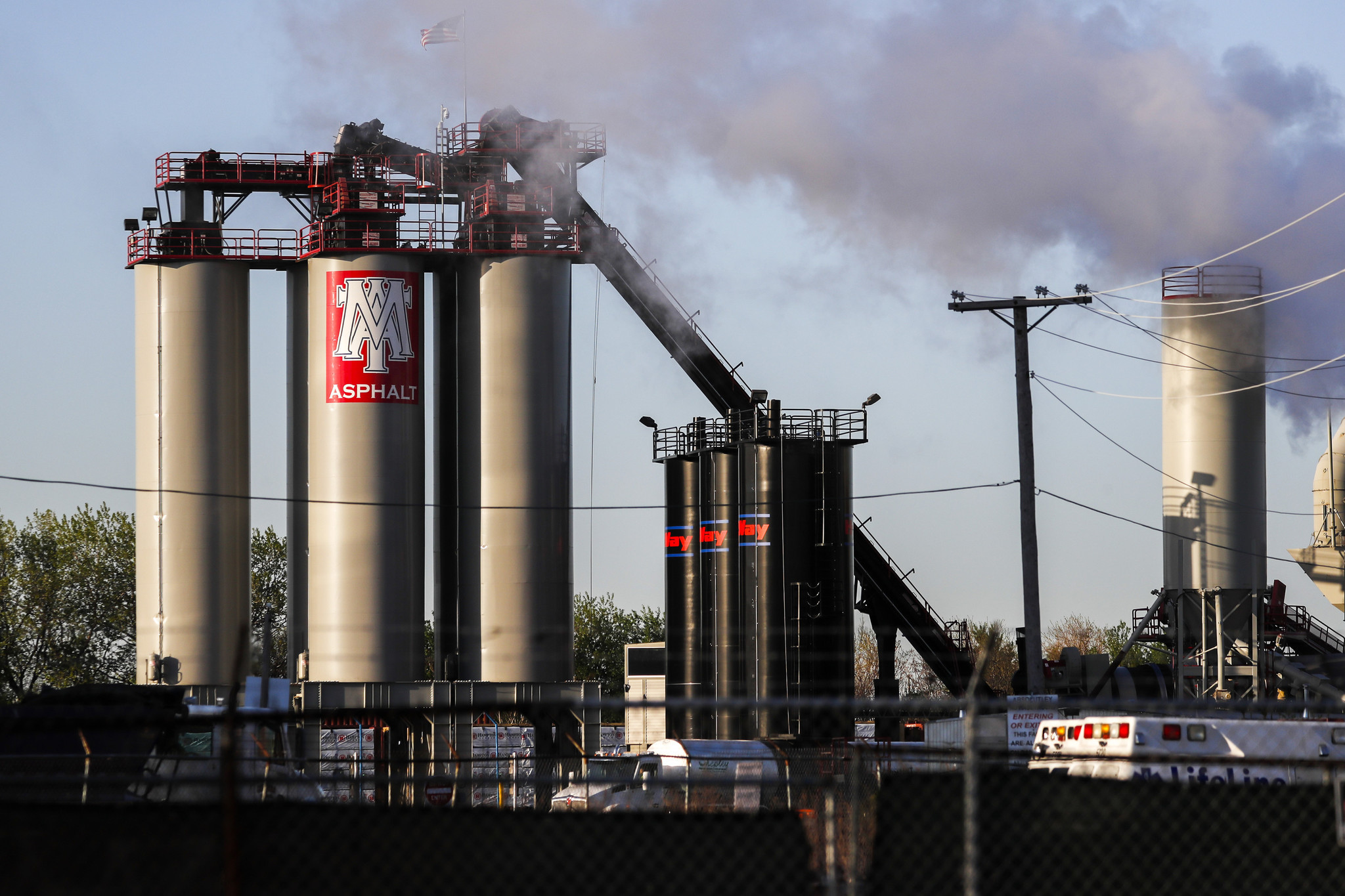
By Stephen Lester
Pretty regularly, CHEJ gets asked to prepare an analysis of the health risks posed by a contaminated site or a particular proposal. Not too long ago, we got an unusual request that is worth sharing. The request came from an African American community who were using a unique tactic to fight a proposed asphalt plant. Yes, they were concerned about the health risks posed by the proposed asphalt plant, but they were also concerned as a predominately African American community that they were already highly vulnerable because of the many health problems people had. Combined with the risks posed by COVID-19, the pollution coming from the asphalt would simply be too much, or so they argued.
This struck me as a terrific strategy for this community to make the case against the asphalt plant. In the letter CHEJ wrote, we made clear that asphalt plants are known to release toxic chemicals and fumes which can cause severe health problems including cancer, nervous system dysfunction, and liver damage. In particular, asphalt plants release small particulate matter (PM) that gets into the lungs and bloodstream. This can worsen pre-existing lung diseases and even causes lung disease, heart disease, and lung cancer. Such serious, lifelong health effects were reason enough to oppose an asphalt plant. But when the people exposed are highly vulnerable to this pollution, these risks are even greater.
It’s been shown that Black people bear a disproportionate amount of the health and economic burden from PM-emitting facilities in the United States. Partly because of this disproportionate burden, Black people excessively suffer from many of the respiratory conditions caused or worsened by PM. For instance, the American Lung Association in 2018 reported that Black Americans were 42% more likely than White Americans to have asthma. We wrote that racial disparities in conditions worsened by particulate matter are even more concerning during the COVID-19 pandemic. The Centers for Disease Control (CDC) lists many respiratory conditions implicated by PM, such as asthma and chronic lung disease, as risk factors for COVID-19. This means it is an especially dangerous time to introduce air pollution into Black communities due to the added risk of developing COVID-19.
At the time, evidence was growing that COVID-19 was disproportionately affecting Black and Latinx Americans. As early as April 2020, it was observed that Black people were dying from COVID-19 at higher rates than white people. While through the end of May, data showed that Black and Latinx people were three times as likely to become infected with COVID-19 and twice as likely to die from it. This staggering reality underscores how the racialized health disparities in the US have been exacerbated during the pandemic.
Particulate matter in the air causes health risks, and these risks are disproportionately shouldered by Black people. Both facts are exacerbated by the COVID-19 pandemic, making it clear that an asphalt plant emitting particulate matter would pose an unacceptable risk of disease and death to the surrounding community. CHEJ’s letter concluded that, based on scientific and public health evidence, a new asphalt plant will likely have devastating health effects on the neighborhood and community. So far, the community has succeeded in stopping the asphalt plant.
Contact CHEJ about our capacity to evaluate health risks in your community.
